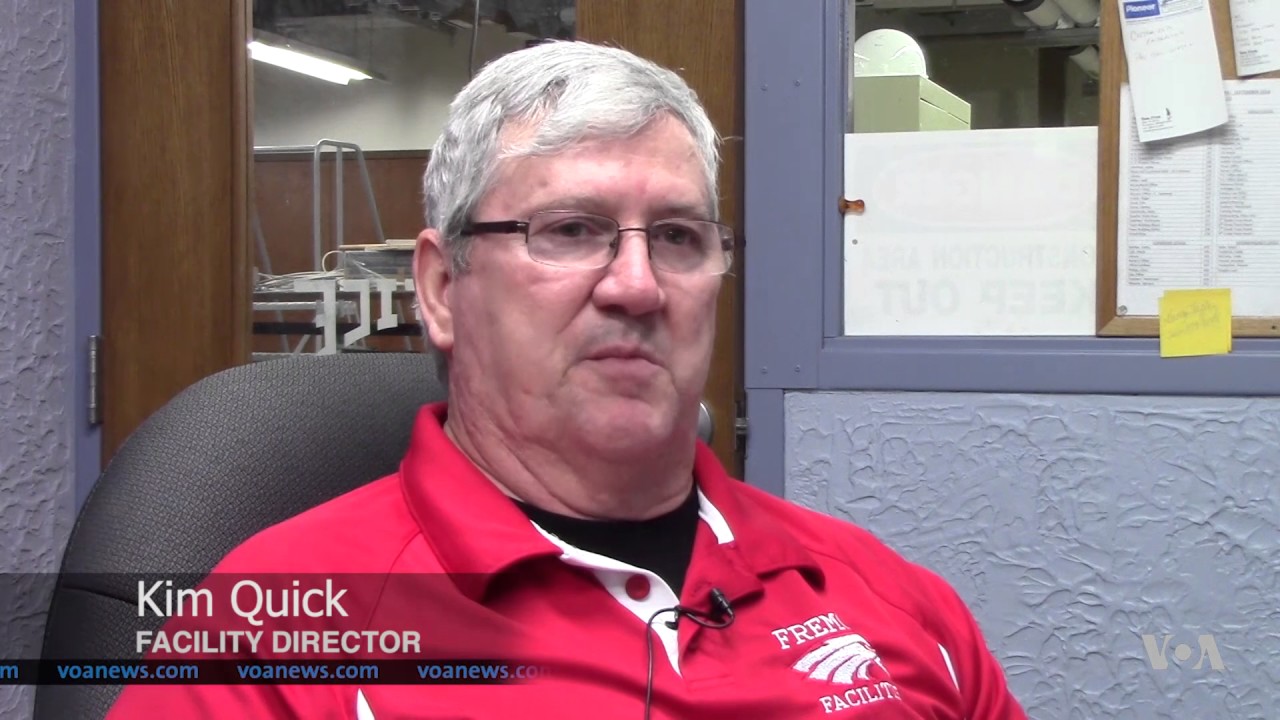
Solar power has emerged as a viable and sustainable alternative to traditional sources of energy, with schools increasingly turning to this renewable energy source to power their facilities. In this comprehensive guide, we will delve into the reliability of solar power for schools, exploring its benefits, challenges, and potential impact on the education sector.
Solar power offers a range of benefits for schools, both in terms of cost savings and environmental impact. By harnessing the power of the sun, schools can significantly reduce their electricity bills, freeing up funds for other educational purposes. Moreover, solar energy is a clean and renewable source of power, helping schools reduce their carbon footprint and promote sustainability.
One of the primary advantages of solar power for schools is the potential for cost savings. By generating electricity from sunlight, schools can reduce their reliance on the grid and lower their energy bills. Over time, the savings from solar energy can offset the initial installation costs, making it a financially attractive option for educational institutions.
Solar power is a green energy source that produces no harmful emissions or pollutants. By switching to solar energy, schools can contribute to environmental conservation efforts and help combat climate change. Additionally, teaching students about the benefits of renewable energy can instill a sense of environmental responsibility and sustainability.
While the benefits of solar power for schools are clear, there are also challenges associated with its implementation. One of the main obstacles is the upfront cost of installing solar panels and related equipment. Schools may require significant initial investment to transition to solar energy, which can be a barrier for some institutions.
Solar power systems require technical expertise to design, install, and maintain. Schools may need to partner with experienced solar contractors or consultants to ensure the system is properly installed and optimized for maximum efficiency. Additionally, ongoing maintenance and monitoring are essential to ensure the long-term reliability of solar power systems.
Another challenge for schools looking to adopt solar power is navigating the complex regulatory landscape surrounding renewable energy. Obtaining permits, complying with building codes, and securing incentives or rebates can be time-consuming and require specialized knowledge. Schools may need to enlist the help of experts in the field to overcome these regulatory hurdles.
Despite the challenges, the future looks bright for solar power in schools. As technology advances and costs continue to decline, more educational institutions are expected to embrace solar energy as a sustainable and cost-effective solution for their energy needs. Government initiatives and incentives aimed at promoting renewable energy adoption are also driving the growth of solar power in the education sector.
Solar power offers unique educational opportunities for students, allowing them to learn about renewable energy, sustainability, and environmental stewardship. Schools that integrate solar energy into their curriculum can provide hands-on learning experiences and inspire the next generation of environmental leaders. By incorporating solar power into their educational programs, schools can empower students to become advocates for a greener future.
Solar power installations in schools can also serve as a focal point for community engagement and outreach. By showcasing their commitment to sustainability through solar energy, schools can build partnerships with local organizations, businesses, and government agencies. Community support for solar power projects can help schools secure funding, resources, and expertise to further expand their renewable energy initiatives.
In conclusion, solar power holds great promise as a reliable and sustainable energy source for schools. While there are challenges to overcome, the benefits of solar energy in terms of cost savings, environmental impact, and educational opportunities make it a compelling choice for educational institutions. By investing in solar power, schools can not only reduce their energy costs but also demonstrate their commitment to a cleaner, greener future for generations to come.